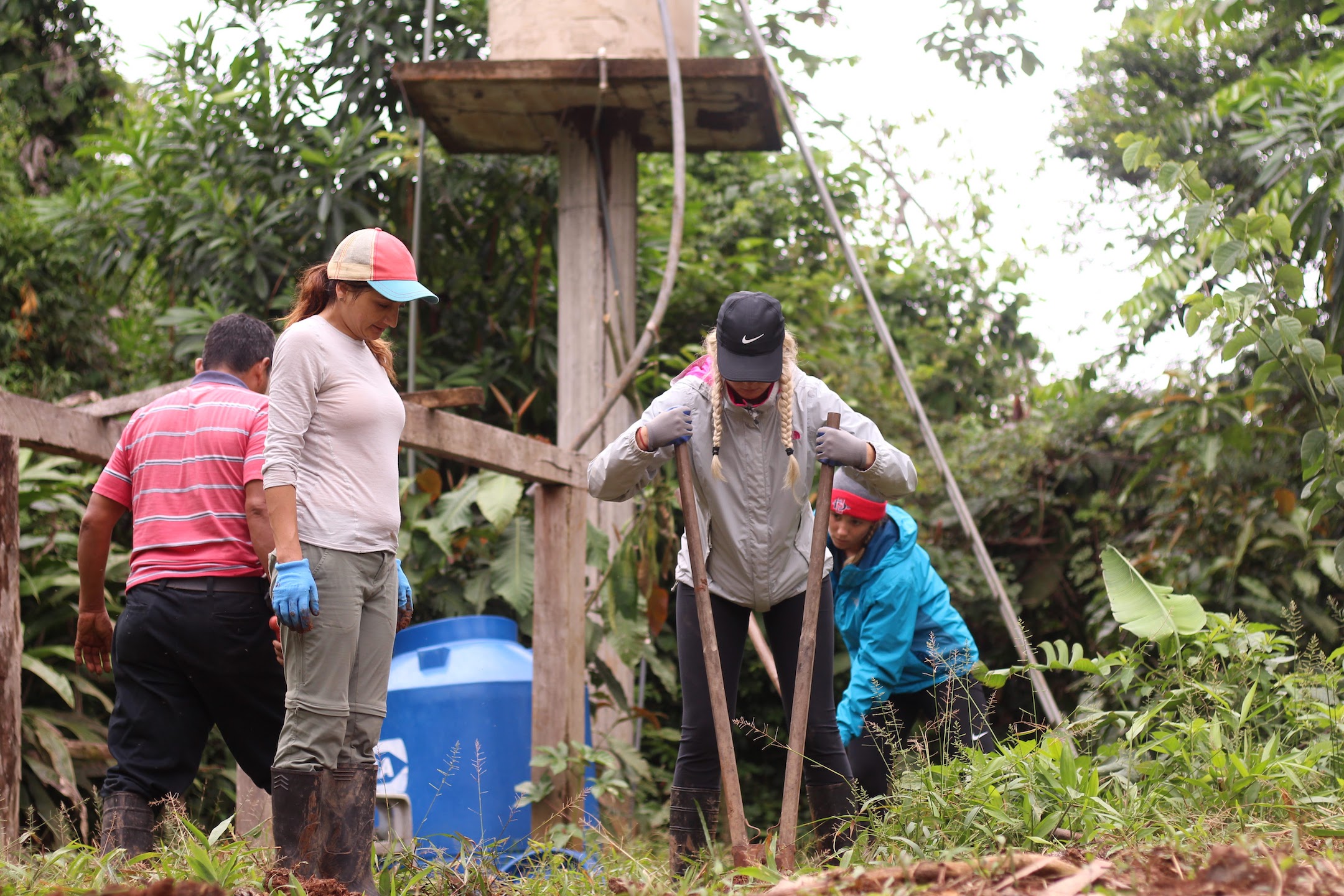Student Resources
DEFINITIONS
Community Engagement (CE) is when your course/instructor asks you to collaborate with larger communities (local, regional/state, national, global) for the mutually beneficial exchange of knowledge and resources in a context of partnership and reciprocity.
Service Learning (SL) means your course is developed using a specific taxonomy, or specific set of learning practices, and should include service experiences that develop your long term sense of social responsibility and care for your communities. The service project connects to the course topic/content as well as the needs of a community parnter. You should expect to acquire professional skills in a real world setting while also meeting the needs of the community partner. During a service learning course, you can also typically expect to participate off-campus, to actively reflect and write about your experiences with the community partner, and to better connect with a sense of civic responsibility, self-awareness, and commitment to the community.
All service learning is a type of community engagment. Not all community engaged learning rises to the the level of service learning.
S3 AWARD FOR COMMUNITY ENGAGED RESEARCH
Sponsored by the Office of Academic Community Engagement at SDSU, this award goes to students presenting excellent community engaged research at SDSU S3. Community engaged research is a collaborative research approach where researchers partner with community members, organizations, and other stakeholders throughout the entire research process—from developing research questions to disseminating findings—to co-create knowledge and address community-identified needs. It emphasizes reciprocal partnerships, shared power, and mutual accountability to produce more relevant, trusted, and impactful research that improves health and well-being in those communities. This award is open to all undergraduate students, regardless of their major or degree objectives, or method of presentation (e.g., oral presentation, poster). One award of $500 will be given.

FREQUENTLY ASKED QUESTIONS (FAQs)
Research indicates that community-engaged learning and civic engagement in higher education have positive outcomes across six key areas:
- increased personal and social responsibility
- development of positive mindsets and dispositions
- improved graduation and retention rates
- learning gains
- improved intellectual and practical skills
- increased career-related skills
AACU: "The Effects of Community-Based and Civic Engagement in Higher Education: What
We Know and Questions that Remain"
Here are some recommended ways to get started in your search for academic community engagement opportunities:
- Search CE/SL Courses @ SDSU webpage and locate courses that interest you and for which you are eligible.
- When searching in the class schedule in the "Manage Classes" section of the my.sdsu website, use the Class Attributes filter option and select SL or CE.
- Talk to your Advisor(s) and ask for course recommendations that include community engagement or service learning.
- Talk to a Study Abroad Advisor and ask for international programs that have a service learning or community engaged focus.
- Ask faculty! Your instructors may know classes that would be a good fit, so go to office hours and ask around.
Visit the Glazer Center for Leadership and ask about volunteering, leadership and community service opportunities.
Consider an independent study for academic credit when you secure an internship or community service placement. ACE offers opportunities for undergraduate and graduate students who want academic credit for work/service placements and do not have access to independent study courses in their department. Check out the GENS 200/400 course offered by ACE Faculty.
Visit the Career Services Internships webpage for internships offered by outside agencies, companies, etc. These may include internships that are paid or unpaid, and some may offer academic credit.
Visit the Global Education Office (International Affairs) if you seek internships abroad.